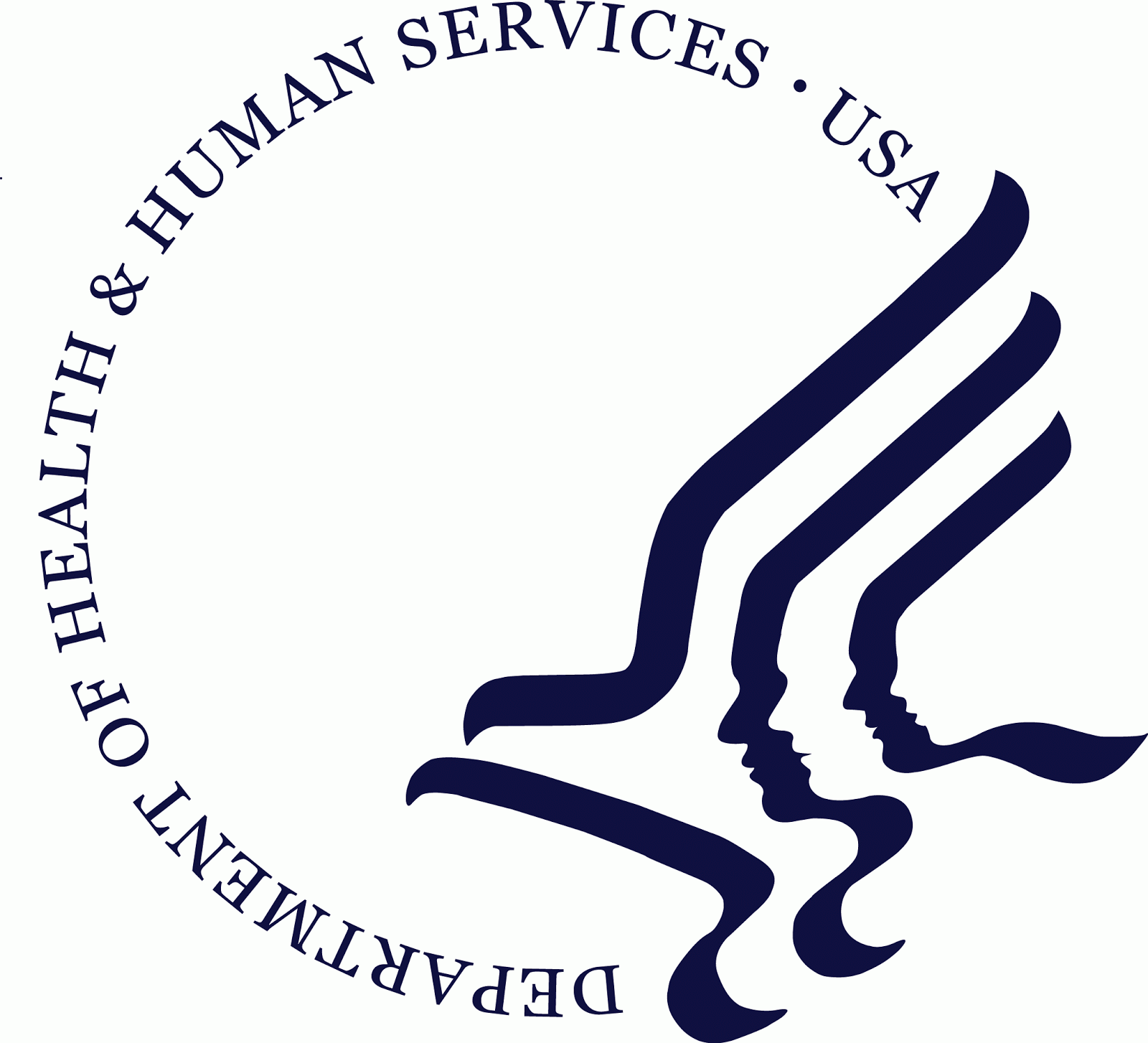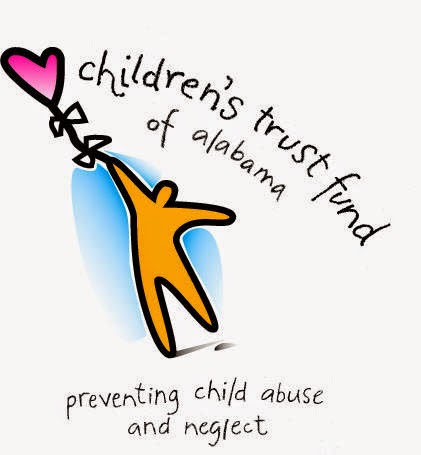The introduction of an adopted or foster child to a family can be a challenging and overwhelming experience for all involved. The way your extended family responds to the child often depends on how well you have prepared them. General information that you can share about the effects of trauma, and abuse and neglect on a child, can be very useful and a deterrent to assumptions that your family members may have before meeting your child.
Here are a few suggestions on how to prepare them:
· Discuss the reasons you are adopting or fostering, not for the purpose of obtaining permission, but in order to further their understanding.
· Explain the unique experiences of an adopted or fostered child. This can be done without a lot of detail, by focusing on the reality of the child’s birthparent not being in his/her life, and the potentially challenging transition to the presence of a new parent in the child’s life.
· The child may not respond to the family as the family may anticipate. The child may be withdrawn, suspicious, angry, sad, or demanding. All of these behaviors and many more are indicative of the child’s fear, not necessarily of the child’s acceptance or rejection of the family.
· If the child is engaging in disruptive behaviors, this might require further education, so the extended family understands the difficulty a child may encounter in trying to feel safe and attached to their new family. It is easy to identify with a child suffering a severe physical condition, but can be very difficult to comfort and embrace a child suffering an emotional condition that is not visible to the naked eye. Adoptive parents are instrumental in helping extended family to view the behavior through that lens.
· Language can be a factor. Extended family can be educated on the language of adoption, such as ‘forever family,’ ‘birth sibling’, ‘termination of parental rights’, and ‘made an adoption plan’. The use of positive adoption language is very important to show the child that they are accepted, loved and that they are not being judged by their past.
· Another factor that may emerge is prejudice held by extended family regarding ethnicity. Prejudices are based on ignorance. Education of those family members can be helpful. Part of this education is explaining why the difference in ethnicity is not an issue for the parents themselves.
There may be, however, some extended family members who remain difficult and judgmental regardless of the information they receive. Parents should make a decision about how to handle this circumstance. Limiting contact may be an option. Another option is to prepare a script and coach the child (if developmentally appropriate) on how to relate to these difficult family members. If there is contact with difficult or non-committed family members, it is important to remember that an adopted or foster child is usually very aware of nonverbal messages and will often feel rejected. The parents need to be prepared in advance for this and coach the child that what they are observing is about the adult, not about anything the child has done.
In a perfect world, extended family would embrace this adopted or fostered child as one of their own. The reality of this world is that there are difficulties. The challenge for adoptive parents is to be advocates for all their children and the challenge for extended family is to be unconditional in their respect for all family members.





















